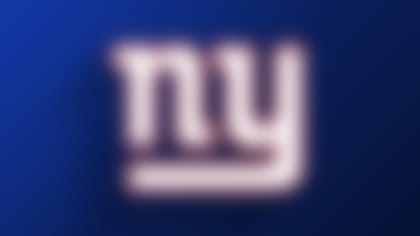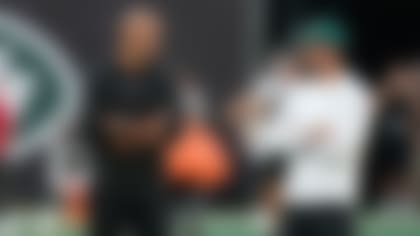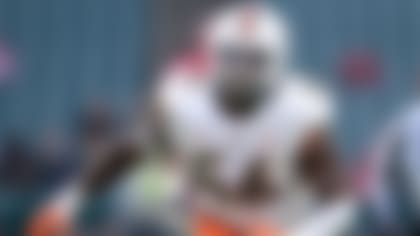MINNEAPOLIS -- The Minnesota Supreme Court has cleared the way for the NFL to suspend Vikings defensive lineman Pat Williams, perhaps the final chapter in the closely watched anti-doping case.
In a one-page order without comment, the court declined to consider Williams' appeal of a decision that had gone against both him and Vikings teammate Kevin Williams, who aren't related. The order was signed Wednesday by Chief Justice Lorie Gildea and made public Thursday.
Justice Alan Page, a former Viking, didn't take part in the decision.
The Williamses initially were suspended in 2008 for taking the weight-loss supplement StarCaps, which contained a banned diuretic called bumetanide that can mask the presence of steroids. The players waged a long fight against the suspensions through federal and state courts, and the league allowed them to play pending a final resolution of the case.
Kevin Williams gave up the fight last month because he was tired of the litigation, his attorney said.
NFL spokesman Greg Aiello said Thursday the court's decision means the case is finally over.
"Every court to consider the claims of the players and the (NFL Players Association) in this case has found them to be without merit and has found the NFL's actions to be consistent with the collectively bargained policy and with state law," Aiello said in a statement. "We are pleased that the Minnesota Supreme Court action today has put an end to this litigation."
The Williamses, who were never accused of taking steroids, said they didn't know StarCaps contained bumetanide, which wasn't listed on the label.
Their attorney, Peter Ginsberg, declined to say the legal fight is over because he hadn't had a chance to speak with Pat Williams, but he expects the NFL will proceed with the four-game suspensions against the players. He expressed hope that the NFLPA ultimately will negotiate better testing and privacy protections for players.
Ginsberg took issue with the NFL's declaration of victory, saying the league had lost on important legal issues along the way. Ginsberg said the ruling means the players will suffer "a dent in their reputation for no good reason, and the NFL believes that is a victory. That position speaks for itself."
The case established that the NFL is bound by Minnesota laws on drug testing in the workplace, he said.
"Kevin and Pat had the courage and strength to fight the NFL," Ginsberg said. "Since a large part of their battle was to protect their teammates and all employees in Minnesota, they won the war."
The case was watched by other major sports leagues -- including Major League Baseball, the NBA and the NHL -- that supported the NFL and said their drug-testing programs would be at risk if players were allowed to challenge drug-testing policies in state courts. The NFL argued its anti-doping policy was a product of its collective bargaining agreement with the players' union and was governed by federal law.
New Orleans Saints defensive end Will Smith and former teammate Charles Grant tested positive for the same substance, but they weren't involved in the Minnesota lawsuit. The NFL had held off on enforcing their four-game suspensions until the Minnesota case was resolved. Grant currently is a free agent.
Pat Williams' agent, Angelo Wright, said his client, who will be a free agent, still wants to play this season and the court ruling doesn't change anything.
"We've had some interest. So we expect him to play," Wright said.
Copyright 2011 by The Associated Press




